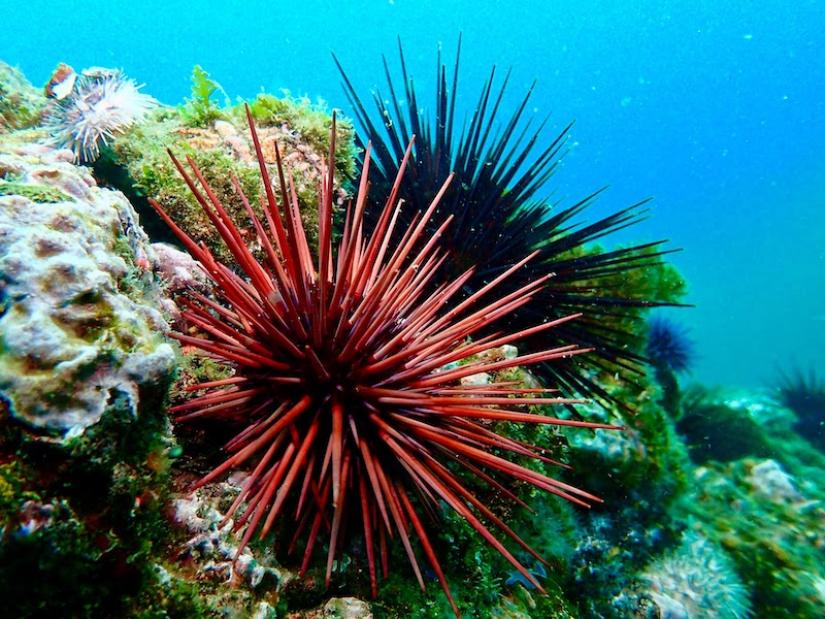Kelp is declining up and down the coast of California. While attention to the issue has focused on California’s north coast, where loss of bull kelp (Nereocystis leutkeana) has driven closures of fisheries, the entire state of California is under threat of kelp forest decline. In fact, many areas of the central and south coasts have already suffered losses of giant kelp (Macrocystis pyrifera) and related declines of important commercially and recreationally fished species. Several environmental conditions that contribute to kelp loss, such as marine heatwaves are predicted to increase in frequency and strength into the future.
Kelp restoration is possible and is likely to become more prevalent in California, but current efforts to date have been ad hoc, and in some cases not well-informed by current science. Yet, California has some of the best-studied kelp systems in the world and a massive amount of readily available data.
In this project, researchers plan to leverage the existing knowledge base and data on California’s kelp forests by using statistical models to identify key ecological, oceanographic and management drivers of kelp persistence or recovery at the scales of the entire state. The project aims to produce the first integrated analysis that includes data from field surveys from kelp forests, remote sensing, benthic habitat mapping, and management regimes. Model results will be used to produce a restoration guide, which will enable resource managers to choose optimal locations, times, and methods for kelp restoration activities statewide.

